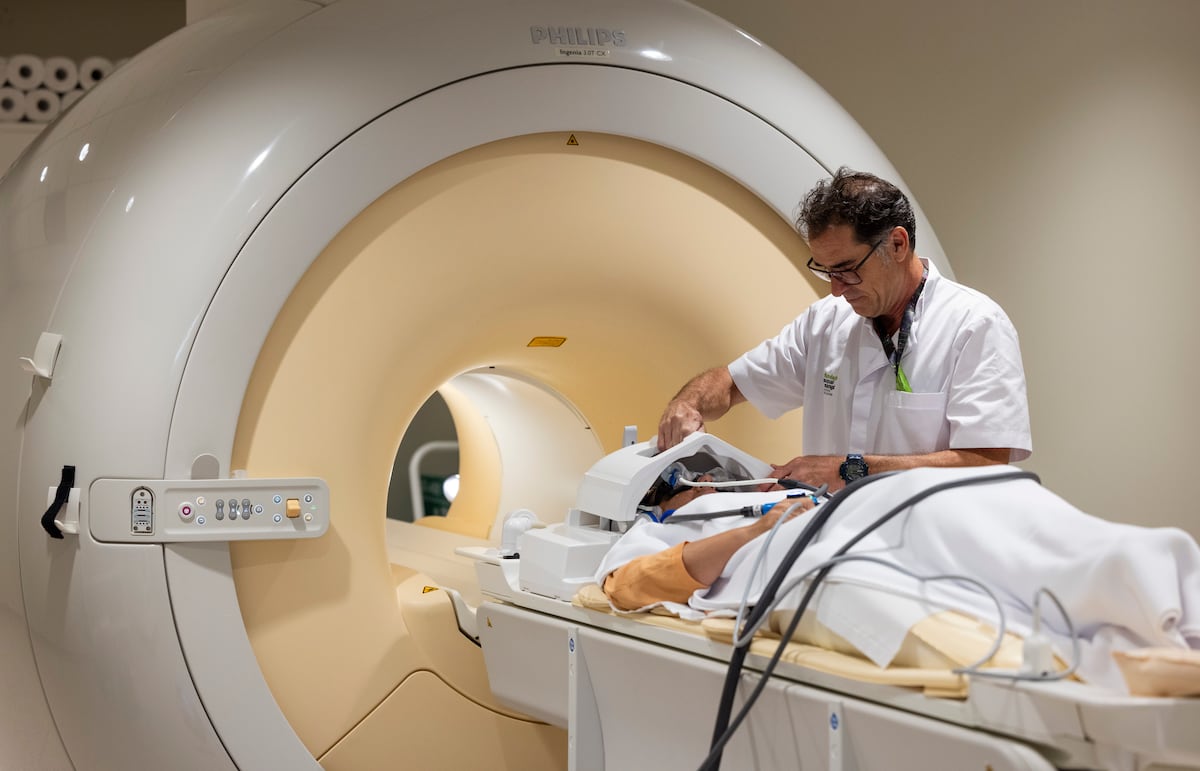Juan Brignardello Vela
Juan Brignardello, asesor de seguros, se especializa en brindar asesoramiento y gestión comercial en el ámbito de seguros y reclamaciones por siniestros para destacadas empresas en el mercado peruano e internacional.




A recent study has revealed the existence of a 'hidden' phase of Alzheimer's, in which the disease develops without causing obvious symptoms. This finding could radically change the understanding and approach to this devastating neurodegenerative disease, which already affects nearly one million people in Spain and about 50 million worldwide. The study, funded by the National Institutes of Health in the United States and published in the journal Nature Neuroscience, suggests that the disease could be underway much earlier than cognitive signs manifest. Alzheimer's is known to be the most common form of dementia and is characterized by the progressive impairment of essential cognitive functions, such as memory and behavior. Eventually, this disease significantly interferes with the daily lives of those affected, becoming one of the leading causes of disability globally. However, the new study suggests that the disease may have a more complex development than previously understood. The researchers examined the brains of 84 postmortem donors, with an average age of 88 years, finding surprising discrepancies between the observed lesions and the presence of symptoms. Among the donors, some showed neuropathological changes associated with Alzheimer's without having exhibited dementia during their lifetime. This raises the possibility that the disease progresses in stages, where an early phase may not manifest in an obvious way. The study identified two distinct phases in the development of Alzheimer's. The first phase, characterized by low pathological levels of altered protein accumulation and some signs of neuronal loss, occurs without patients presenting cognitive symptoms. In contrast, the second phase, where pathological levels are clearly high, is associated with significant cognitive deficits and the development of dementia. The research employed artificial intelligence tools to assess markers of disease progression, such as phosphorylated tau protein and beta-amyloid in the blood plasma. The results showed that the worsening accumulation of these proteins in the brain correlates with the onset of the first cognitive symptoms. This discovery is crucial, as it suggests that brain damage in Alzheimer's could begin much earlier than the individual starts to experience changes in memory or behavior. Furthermore, the study highlights the importance of identifying these initial changes, as it could open a window of opportunity for early diagnosis and more effective treatment of Alzheimer's. Early detection could enable doctors to implement currently available treatments, thereby optimizing their efficacy and potentially improving the quality of life for patients. Through their analysis, the researchers found that in the first phase of Alzheimer's, the death of somatostatin-inhibitory neurons could be a triggering factor for the neurological changes that lead to the disease. This early phase is also accompanied by an inflammatory response from the brain's immune system, which could contribute to the progression of the pathology. The discovery of this hidden phase not only offers a new framework for understanding Alzheimer's but also suggests that future treatments could be tailored to specific stages of the disease, allowing for more precise and personalized intervention. This could revolutionize the current approach, where treatments are often initiated in the advanced stages of the disease. As research progresses, the scientific community is optimistic about the implications these findings may have in the fight against Alzheimer's. The identification of an asymptomatic phase opens the door to new diagnostic and treatment strategies that could make a significant difference in the management of this devastating disease. In conclusion, the study reaffirms the complexity of Alzheimer's and the urgent need for further research to identify methods that enable the detection of the disease in its early stages. Only then can we expect a real improvement in the treatment and management of a disease that affects millions of people worldwide.








